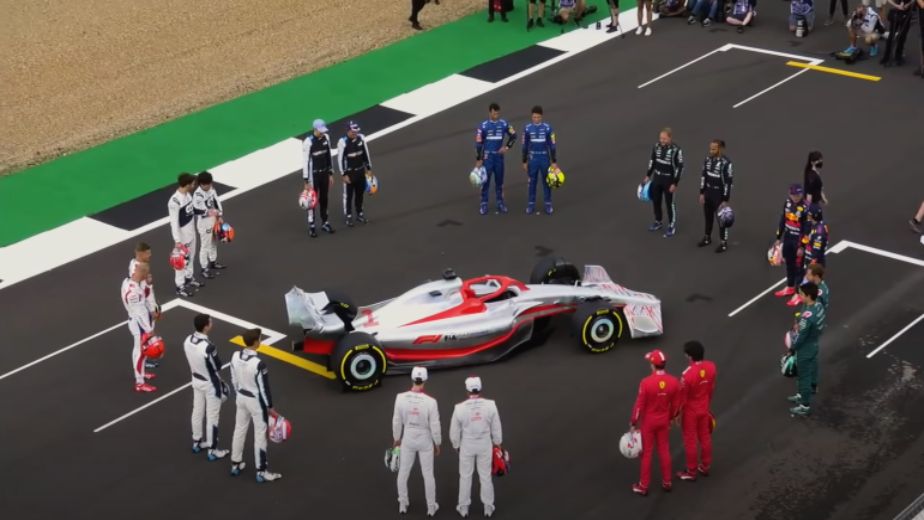(Motorsports news) Last year FIA announced the use of E10 biofuels which is a mixture of 90% fossil fuel and 10% ethanol in the 2022 new cars but the new target is to develop and utilise low carbon synthetic fuels to reduce the carbon emission in the planet and also develop a 100% sustainable fuel.
Formula 1 announced that it is targeting the wholesale of synthetic fuels by 2025 by partnering with car manufacturers and energy companies to develop and mass produce biofuels that will contribute to f1’s net zero emission target by 2030. F1 wants to adopt a more carbon friendly ecosystem both for the car as well as the racing environment to promote people towards less carbon emission. These biofuels will be manufactured with techniques that will incorporate carbon capture, municipal waste and biomass method of production offsetting the carbon emitted in the F1 car engines. F1 aims to reduce at least 65% less carbon emission as other steps are being taken for the net zero carbon emission project by 2030.
The fuel drop would mean that engines do not require any specific modifications in order to be compatible while also matching the high speed action that we see in the sport nowadays. The FIA governing body has already developed a F1 engine which meets the demand of the carbon neutral biofuel but it is only in the testing phase and will require a lot of time to attain the same level of the turbo hybrid engines that F1 cars use nowadays.
While this is a long term project, it's a step in the right direction for the betterment of the environment and through F1 it helps put out a right message to the world. Companies like Porsche and Audi have already expressed interest in synthetic fuels for normal cars but also joining in F1 as an engine supplier should the series switch to sustainable biofuels.The FIA have already taken major steps in reducing Carbon emission since they introduced Formula E in 2014 and want to continue the same with F1 in future of the sport.
Also read: Audi and Porsche set for Formula 1 arrival in 2026 as Mercedes and Red Bull welcome the move
F1 Chief Technical Officer Pat Symonds explained: "We're not producing any CO2 that is not already in the atmosphere at the moment; we're taking it out of the atmosphere, we're using it, and we're putting it back in the atmosphere. F1 expects the new fuel to achieve greenhouse-gas-emissions savings of at least 65 percent, compared to traditional gasoline.”
On being asked why is it important outside F1 he added by saying “The techniques that we will hone and make more efficient and mainstream to produce our fuels are exactly the same techniques that can produce the fuel for trucks, for trains, for aircraft, even if those fuels are slightly different. An aircraft fuel for a gas turbine engine is a bit different to our fuel, but the technique of making it is essentially the same.”














